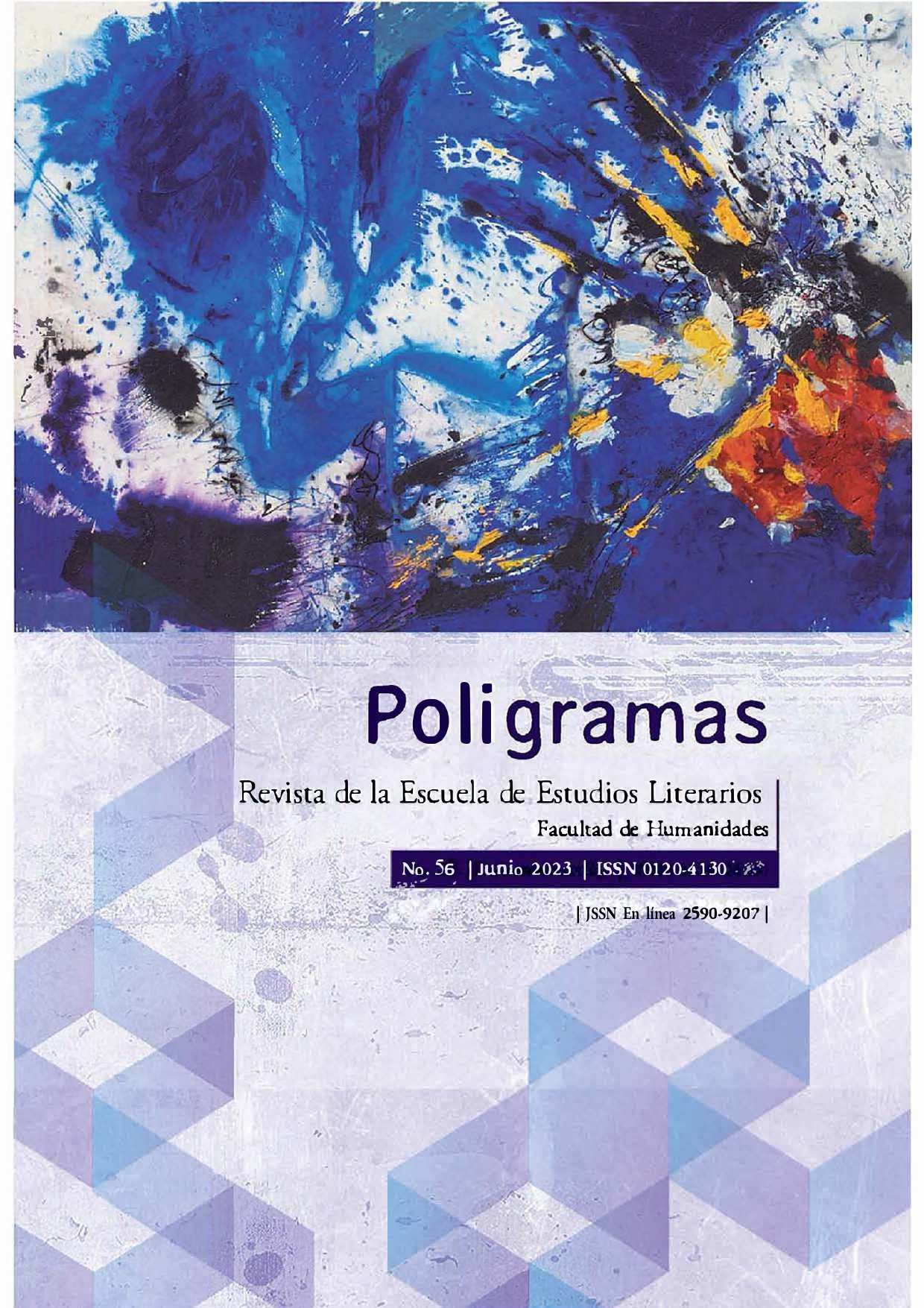Camilo Bogoya, Dédalo. Medellín: Editorial Universidad de Antioquia, 2021, 187 páginas. Laberinto de un secuestro
Palabras clave:
laberinto de un secuestro, reseñaContenido principal del artículo
Leer Dédalo es ir desenredando una madeja en un laberinto cuyos muros no están hechos de piedra, sino de ruinas y huesos. Esta obra, ganadora del Premio Nacional de Novela de la Universidad de Antioquia en 2019, escrita por Camilo Bogoya (Bogotá, 1978), quien hasta ahora se había destacado por sus dos libros de cuento, El soñador y Ética para infractores, relata la historia de Flora, una estudiante universitaria secuestrada por error y retenida en El Paraíso, una hacienda ubicada al lado de un matadero.
Benjamin, Walter. “El Origen del ‘trauerspiel’ alemán”, en Obras completas (Libro 1. Vol. 1). Trad. Alfredo Brotons. Madrid: Abada, 2013, pag. 223-447. Impreso.
Bogoya, Camilo. Dédalo. Medellín: Editorial Universidad de Antioquia, 2021. Impreso.
Collazos, Oscar. Rencor. Bogotá: Seix Barral, 2007. Impreso.
Eltit, Diamela, Los vigilantes, Santiago: Seix Barral, (1995) 2012. Impreso.
Piglia, Ricardo. La ciudad ausente. Buenos Aires: De bolsillo, (1995) 2013. Impreso.
Rosero, Evelio. Los ejércitos. Bogotá: Tusquets Editores, 2007. Impreso.
Downloads

Esta obra está bajo una licencia internacional Creative Commons Atribución-NoComercial-CompartirIgual 4.0.

